Let’s Get Straight to The Point… What is the Keto Diet?
We’re talking about keto, short for ketogenic (low-carb, high-fat), a way of eating where the body burns fat (ketones) instead of sugar (glucose) for fuel.

A lot of people wonder what keto is.
“Keto” is one of the most-searched diet terms in the last several years, and while it can be complicated to understand, we’re here to make it simple!
Basically, the keto diet is high in fat, moderate in protein, and very low in carbohydrates (carbs). Reducing carbs and replacing them with fat forces the cells of the body to use ketones for fuel instead of glucose. I like to think of it as selecting high-octane over regular fuel for your body.
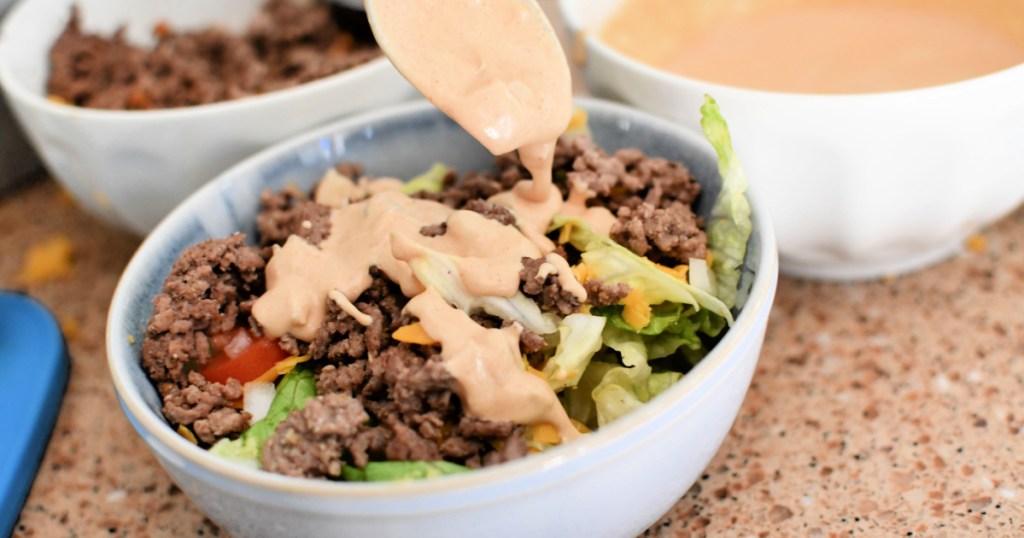
The focus of the keto diet is about changing the fuel source rather than decreasing it (i.e. calorie restriction), which is the basis for most other weight-loss diets. As a result, the keto diet allows one to feel satiated and energetic while still losing weight at the same time. It’s a win-win!
But keto isn’t just for weight loss.
In fact, the ketogenic diet was developed back in the early 1920s to treat epilepsy. It’s now being studied and used to prevent and treat multiple health problems like type 2 diabetes, metabolic syndrome, Parkinson’s disease, Alzheimer’s and dementia, inflammatory diseases, heart disease, acne, migraines, and so, so much more.
People are also choosing to follow a keto diet for its ability to increase and sustain energy throughout the day, as well as to improve athletic performance.

Some parts of the keto diet seem contradictory since we’ve been told for so long that fat is the enemy. But it’s really not!
Let’s address some of the common concerns and questions you may have when looking into the keto lifestyle.
First, what do people eat on keto?
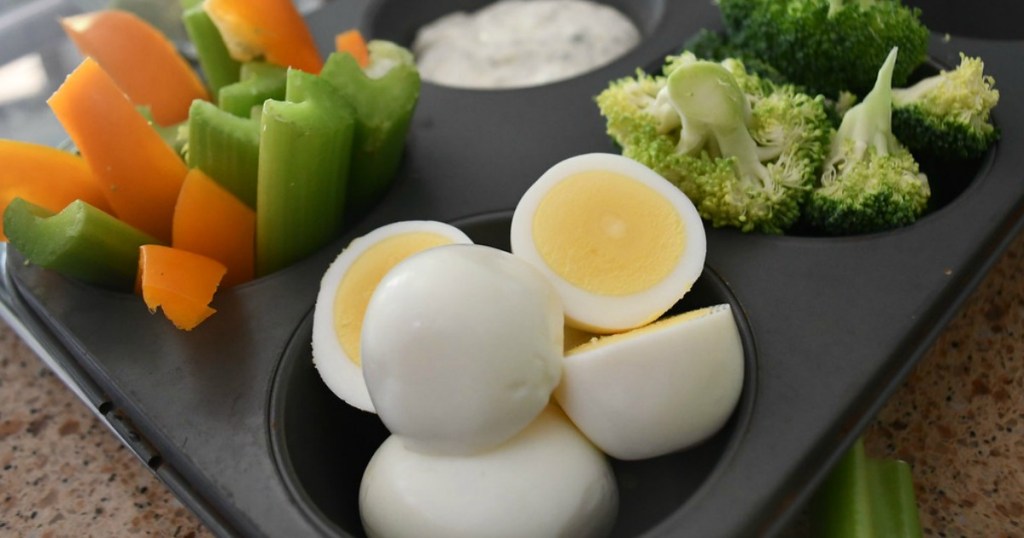
A ketogenic diet cuts carbs to roughly 10% of calories, which might be as low as 20 grams per day, or the equivalent of one slice of bread. The fat content is then increased to roughly 70% of total calories, while protein is kept at around 15-20%. However, it’s a frequent misconception that people who follow a keto diet exclusively eat butter and bacon. 😅
While these foods are allowed, they’re far from the entire focus of the keto diet!
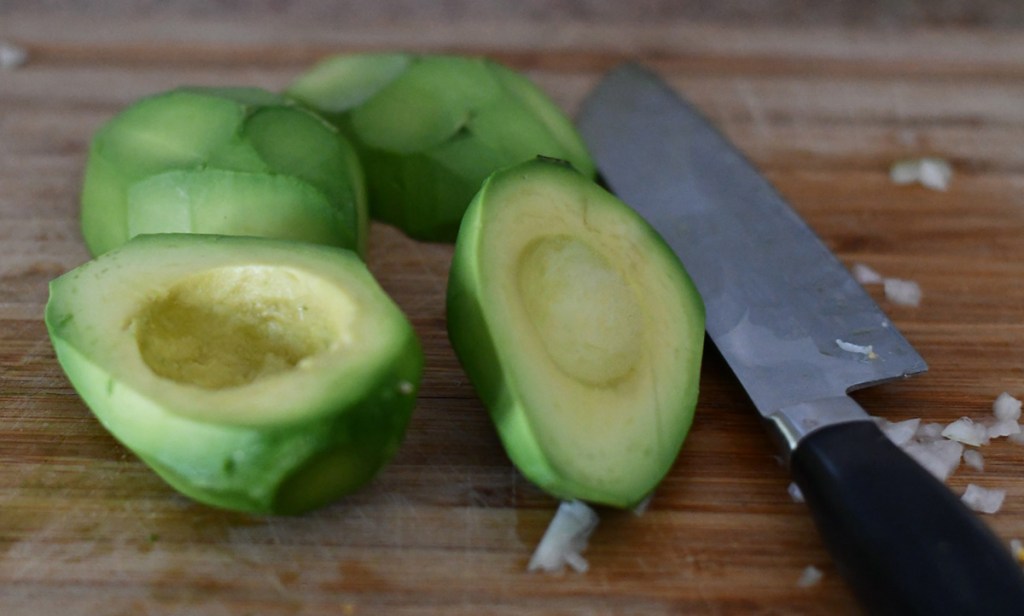
To be successful on a keto diet, one should aim for healthy sources of fats like olive oil, avocado, coconut oil, fats from fish, eggs, meats, dairy, and nuts, with less focus on highly processed foods (even the “keto-friendly” kind).
Carbs should ideally come from non-starchy vegetables and berries.
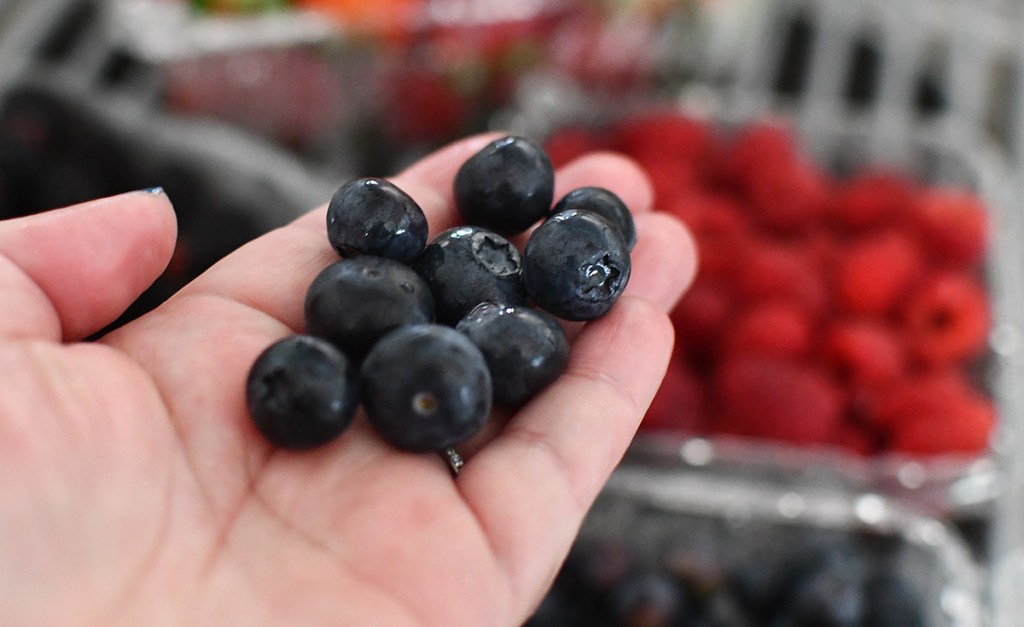
As for protein, all sources are allowed with a note that unless you are an athlete, the diet is not high in protein, but instead more moderate, which is about 3-6 ounces per meal for most people.
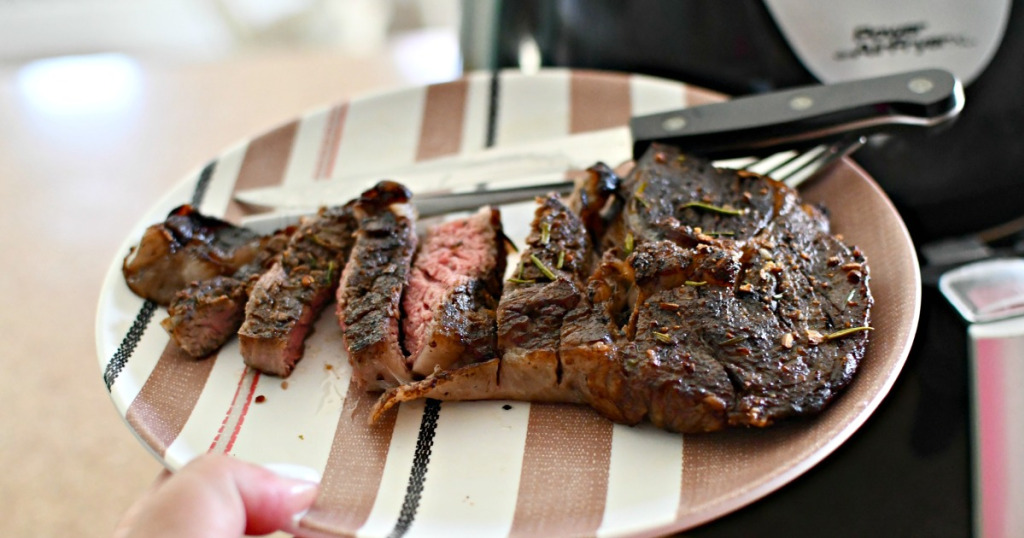
Hip Tip: Check out these 15 habits of highly successful keto dieters!
What can you expect when starting a keto diet?
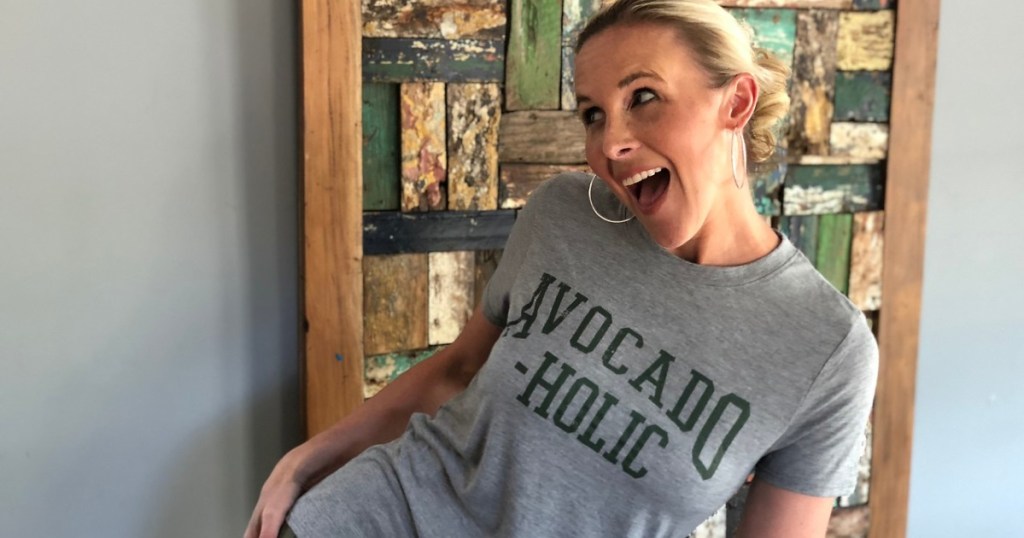
After you cut carbs, it usually takes around 2-4 days for your body to enter ketosis, which means it’s using fat (ketones) instead of sugar (glucose) for energy. In addition to the dietary fat consumed, energy will come from stored body fat. This is super helpful if you’re trying to reduce your weight or change your body composition! 🙌
But there must be a downside, right?

Depending on the quality of one’s diet prior to starting keto, one may experience the “keto-flu” during the first 1-3 days, but it may even linger for 1-2 weeks. The “keto-flu” is just the body’s reaction to carb withdrawal and electrolyte imbalances while it adapts to using ketones as a new fuel source.
Symptoms usually present as low energy, headache, brain fog, cravings, sleeplessness, irritability, and sometimes nausea. Luckily, being mindful of drinking extra fluids and increasing electrolytes will often resolve symptoms.
Is there a definitive way to know whether or not I’m in ketosis?

There are several ways to tell, and you can find one that fits your lifestyle and budget!
After 2-4 days, you can test for ketones to see if you’re truly burning fat for fuel. Urine strips are the most common way to measure in the beginning, but they’re only effective for about the first month or so. After that, if you still want to test and track your ketones, a blood ketone monitor is the gold standard, although testing is not required for a keto diet.
Psssssst: If you’re curious about getting testing strips, ketone monitors, and other keto products (but wanna hear our honest thoughts before you commit!), check out all of our keto product reviews!
So exactly how quickly can you expect to achieve ketosis?
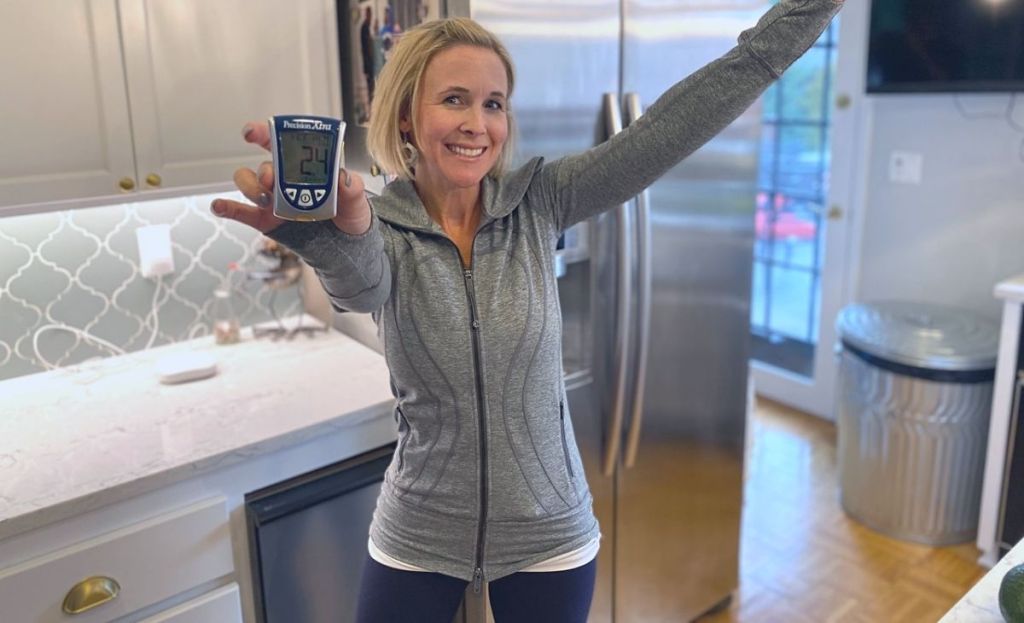
When we burn through our stored carbohydrates (glycogen), the body will begin to eliminate water (diuresis), which usually results in rapid weight loss at the beginning of the diet. As we mentioned earlier, this usually happens in about 2-4 days. If weight loss is the goal, one should continue to see weight decrease, but at a slower rate.
Becoming “keto-adapted” or “fat-adapted,” however, takes a bit longer.
Being “fat-adapted” means that your body has become accustomed to using fat for fuel and actually begins to prefer it over glucose. This can take about 2-4 weeks for most people who consistently follow a keto diet and stay mindful of increasing dietary fat. You’ll know if your body is adapting to ketosis by feelings of increased energy, drive, and progression in your personal health goals.
Can I eat a keto diet long-term?

This is one of the most commonly asked questions I receive about keto. The ability to sustain a healthy diet long-term is dependent on one’s ability to form healthy habits and willingness to adjust and adapt your diet as you evolve. There is no “one-size-fits-all” for any diet, even keto, and I can’t emphasize enough the importance of finding your version of keto or any way of eating that works best for you and your health.
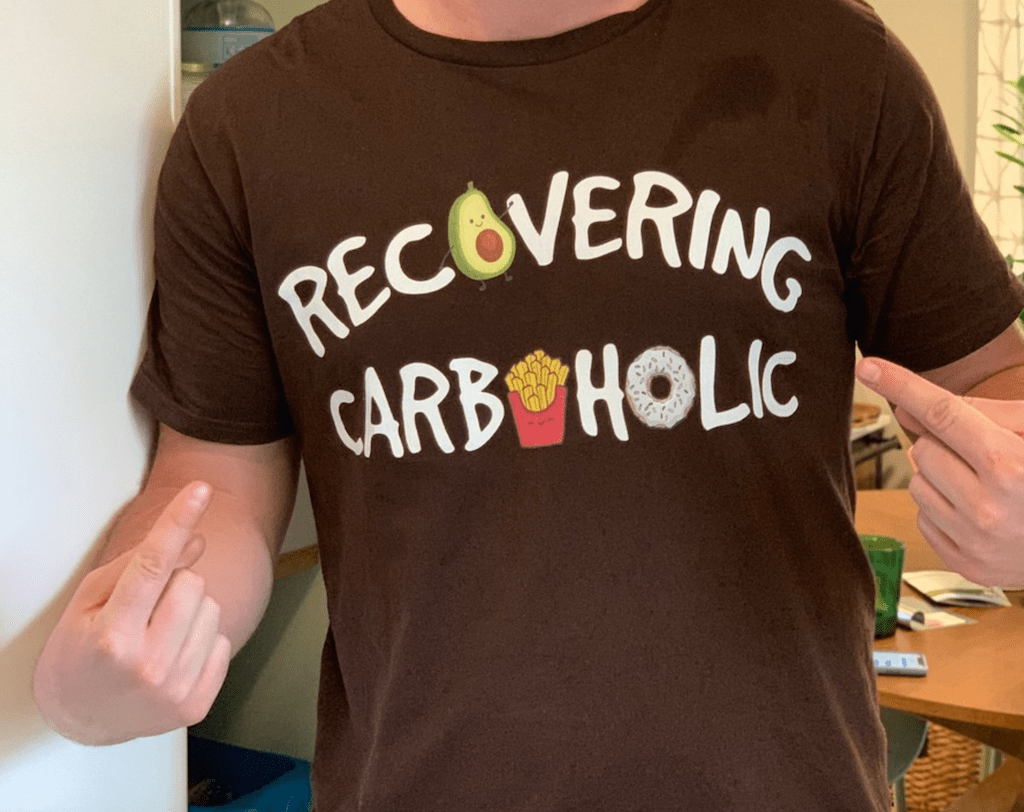
Transitioning to a keto diet is a significant dietary change. It affects how you metabolize foods as well as medications. I advise everyone to talk to their doctor prior to starting a keto diet to help monitor labs and health through your transition to a keto lifestyle.

Unfortunately, I often find that many people make the keto diet much harder than it needs to be, which results in a lack of success and ability to maintain it long-term. Luckily, Hip2Keto offers several guidelines and tips on how to begin, follow, and be successful on a healthy keto diet! 🙌
Here are my three top tips for making the keto diet work for YOU:
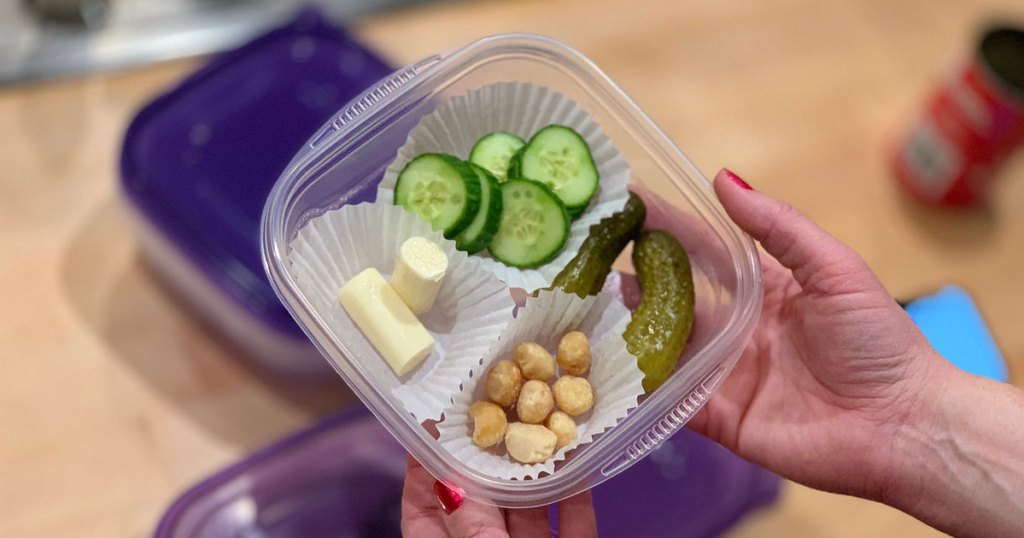
Keep it simple — Spending more time to plan, prep, and cook your food is key to eating healthier. Our love for convenience has deteriorated our health. However, keto doesn’t need to be complicated! Keep it simple, especially in the beginning. A meal may be as simple as a few slices of cheese, salami, a handful of nuts, and some olives. There is no need to over-complicate every meal.
Adapt and modify — Start with the general guidelines, but after a month or so, be willing to adapt and modify your diet depending on how you’re feeling and progressing with your health. For example, as you begin to feel more energetic and increase your physical activity, you may need a bit more protein and possibly even more carbs. Or, maybe due to health or medical reasons, you may need to dial back the fat a bit, or decrease carbs even more. Listen to your body, adjust, and modify to find your personal keto sweet spot.
Don’t give up too early — One of the most common keto blunders is giving up before the body has had the opportunity to adjust. Remember that it takes a couple of weeks (at the very least!) to adapt to the point when the benefits become apparent and energy levels begin to climb. If necessary, make adjustments, but don’t give up before your body has had a chance to acclimate. Just be patient and keep pressing forward. ❤️
And remember, you aren’t alone!

We’re here for ya! ❤️
We’re so happy to offer helpful articles, advice, tips & tricks, recipes, and so much more to support you on your journey. You can even join our Hip2Keto Facebook community or email to ask your specific questions and they may even be included in our Ask a Keto Nutritionist series!
By staying engaged, you’ll learn how to make keto your own while continually being inspired to keep going… even throughout those intense sugar cravings! Don’t stress, and just begin. It’ll get easier as you go and before you know it, you’re keto! 😍



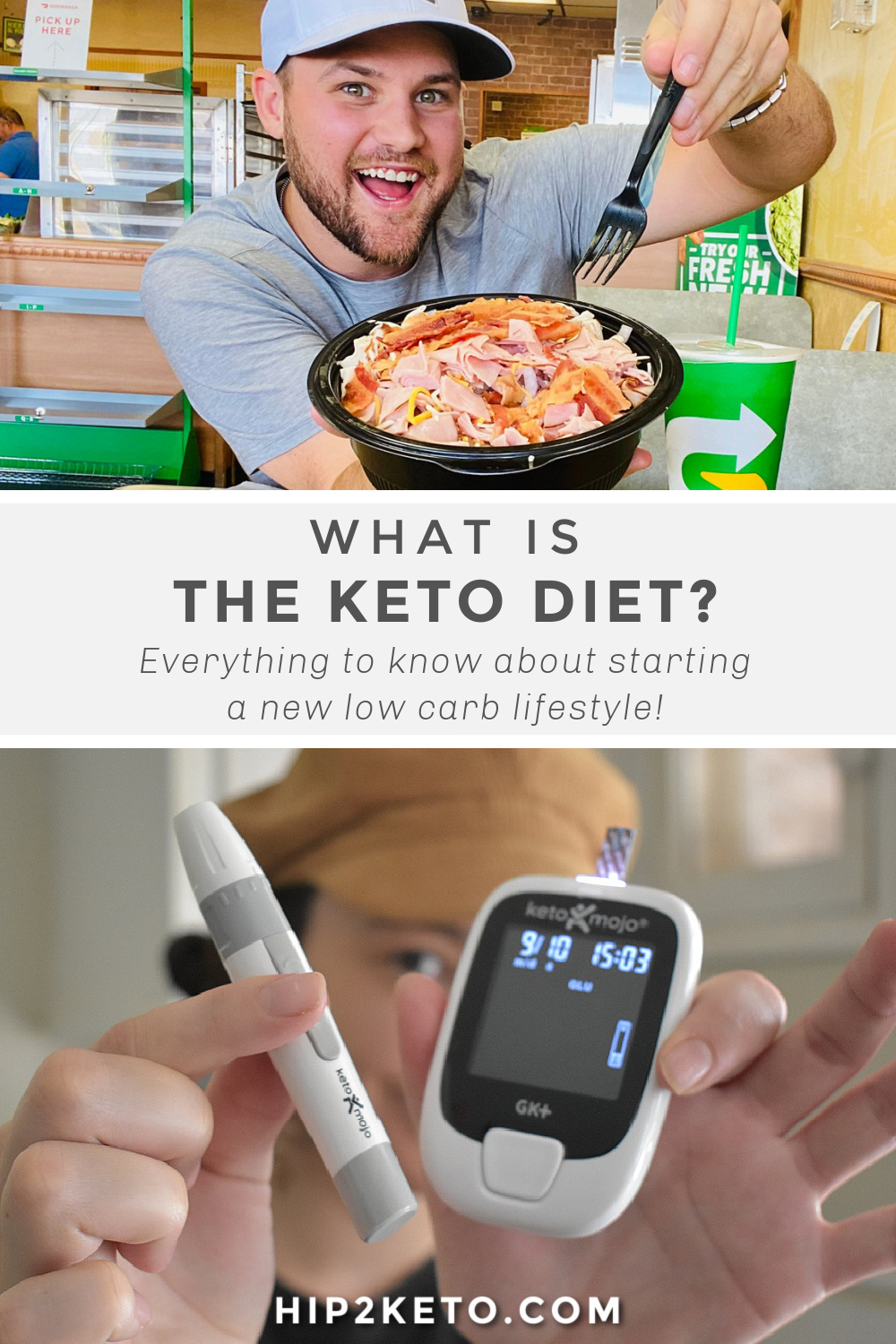
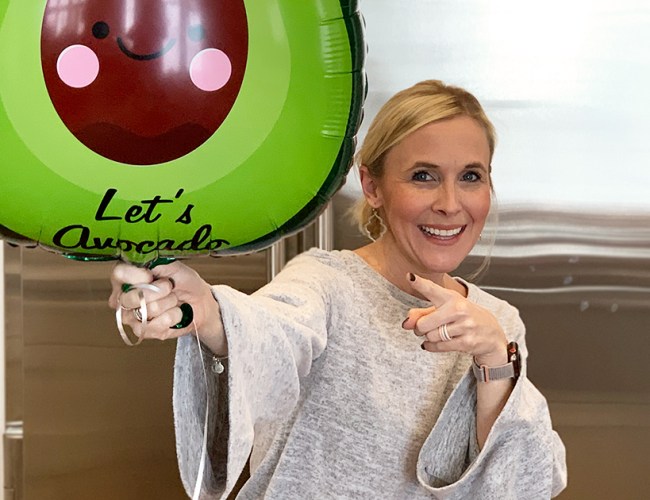
Comments 0